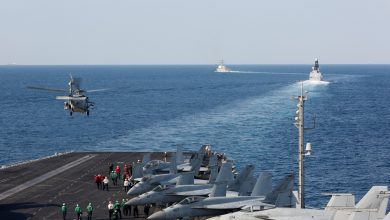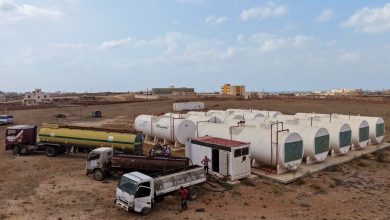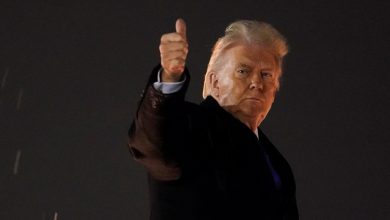Algiers – The European Union’s Ambassador to Algeria, Diego Mellado, praised the “strong, solid, and distinguished” relations between Algeria and the EU during an event held on Monday in Algiers. He highlighted that the year 2025 will be a “fundamental and very important milestone” for strengthening and deepening these ties, as well as an opportunity to reassess and enhance the bilateral partnership.
In his speech at a meeting organized by the Algerian Investment Promotion Agency (API) and the European Union Delegation in Algeria, titled “Special Economic Zones as a Mechanism to Attract Investments in Algeria,” Mr. Mellado emphasized that Algeria is a “strategic partner” for Europe, with a relationship built on a strong foundation of partnership. He noted that this relationship will be further reinforced in 2025, which he described as a critical juncture for reviewing, deepening, and rethinking these ties.
The EU Ambassador to Algeria stressed the importance of enhancing bilateral relations across multiple areas, particularly by boosting and facilitating trade exchanges between the two sides, attracting European investments to Algeria, promoting technology transfer, integrating bilateral economic spaces, and developing integrated value chains that benefit both parties.
Mr. Mellado added that the European Union believes it is essential to comprehensively reassess bilateral relations within the framework of a “new cooperation model based on a win-win approach” that aligns with current challenges and the strategic priorities of both sides.
According to the ambassador, the EU’s new action plan includes the “Mediterranean Charter” project, which aims to structure all areas of cooperation with countries in the region, including Algeria. This proposal will be presented to Algerian authorities “in the coming months,” he added.
Previously, in January, President of the Republic, Mr. Abdelmadjid Tebboune, emphasized that the move to review the partnership agreement between Algeria and the European Union is driven by “realistic economic considerations” and is not motivated by any disputes. Instead, it seeks to strengthen the positive relations between Algeria and the EU as economic partners, based on a “win-win principle.”
Explaining the rationale behind this review during a meeting with national media representatives in October, President Tebboune noted that the agreement with the EU was signed at a time when Algeria was different from what it is today. At that time, industrial participation in the national income did not exceed 3%, and Algeria imported agricultural products rather than exporting them, meaning the country lacked significant export capabilities.
Article written by Nor Eleslam for dzwatch.dz.




